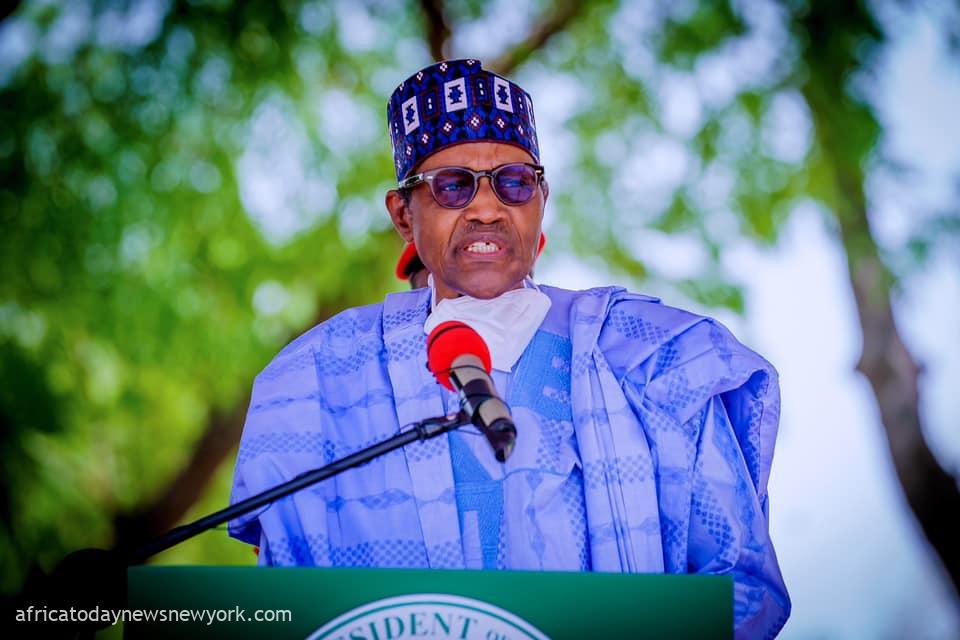The Supreme Court yesterday declared as null and void the ban on the use of the old ₦200, ₦500, and ₦1000 Naira notes as valid legal tenders by the Federal Government.
In a unanimous decision, the apex court which was led by a seven-member panel of Justices, held that the old banknotes should remain in use until December 31.
It held that the old Naira notes should be used alongside the redesigned currencies, until the end of the year.
In its lead judgement that was prepared and delivered by Justice Emmanuel Agim, the apex court slammed FG for unilaterally introducing the demonetisation policy, through the Central Bank of Nigeria (CBN), without consulting the Council of States, the Federal Executive Council, the National Security Council, the National Economic Council, Civil Society Organizations and other relevant stakeholders.
It held that FG failed to give valid notice to all the federating units before it decided to withdraw the old banknotes from circulation and introduce new ones.
The Supreme Court maintained that evidence before it established that a purported notice on the monetary policy was through ‘mere press remarks’ by the governor of the CBN, Mr Godwin Emefiele.
Read Also: Buhari Finally Offers Apologises Over Naira Redesign Policy
It held that such remarks did not qualify as ‘reasonable notice’ to the states as envisaged under section 20(3) of the CBN Act.
Besides, the court invalidated the directive President Muhammadu Buhari gave in the broadcast he made on February 16, which allowed only the old ₦200 note to remain a legal tender till April 10.
While accusing President Buhari of disobeying the interim order it made on February 8, which directed that the old banknotes should remain in use till the determination of the case before it, the apex court stressed that the President, by going ahead to ban the old banknotes, acted in a way that was inimical to democratic governance.
According to the court, having acted in disobedience to its order, FG lost its right to be granted audience before it.
‘I agree with the plaintiffs that the 1st Defendant ought not to have been heard by this court when he refused to respect the authority of this court and the authority of the law from which the authority of the President and government of Nigeria thrives.
‘The rule of law upon which our democratic government is founded becomes illusion if the President of the country or any other authority or person refuses to obey the orders of court’.
“Disobedience of orders of court by the President is a sign of failure of the Constitution”, the apex court held, describing it as attempt to sacrifice democratic governance on the alter of autocracy.
Earlier, the court dismissed all the preliminary objections that FG raised against the consolidated suit that 16 states of the federation filed to challenge the Naira swap policy of the CBN.
It held that the suit qualified as a dispute between FG and the federating states, to which the Supreme Court has exclusive and original jurisdiction to determine.
The court held that the CBN, being an agency of FG, was not a necessary party that must be joined as a defendant before the legal dispute could be effectively resolved.

